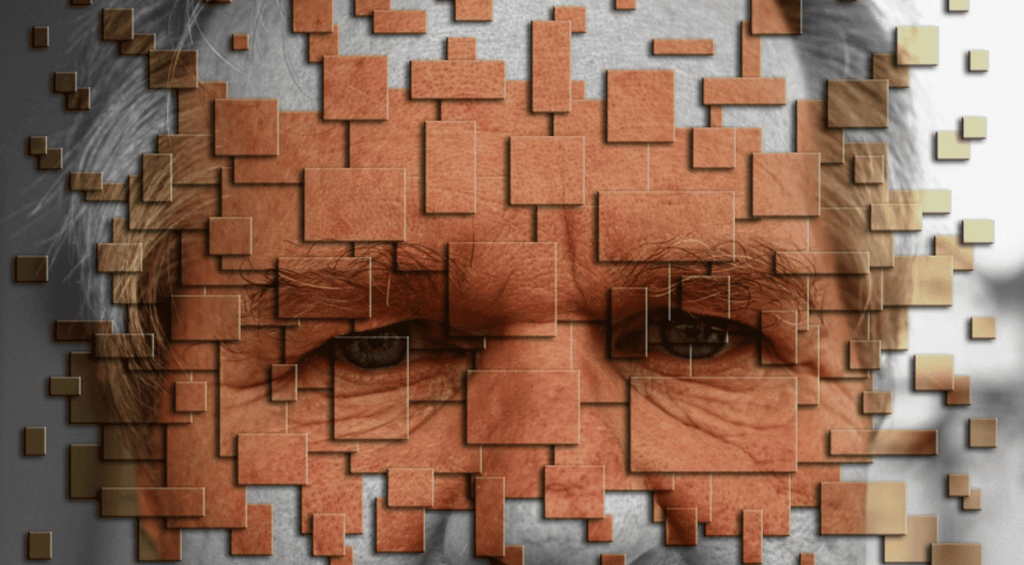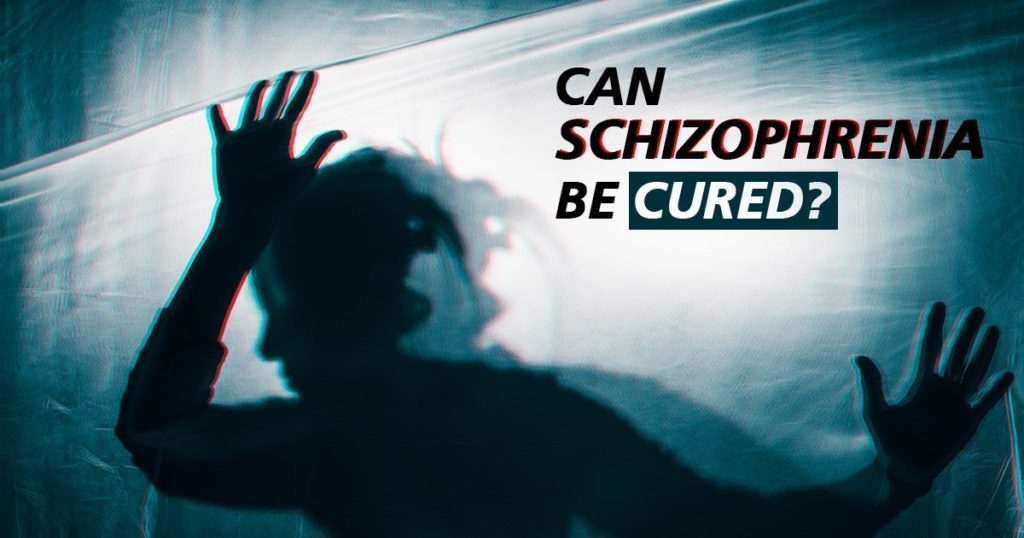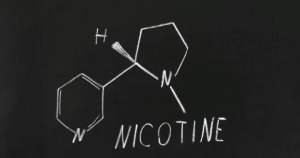Can Schizophrenia be cured? Schizophrenia is a difficult diagnosis for the person who has it and their loved ones. Unfortunately, the answer to whether or not science can cure schizophrenia is no. With that, a lot of schizophrenia treatment facilities and schizophrenia facilities can help. There are antipsychotic drugs, lifestyle changes, and many other options available to someone with this mental illness.
What Is Schizophrenia?
This long-term mental health condition impacts how you think, focus, and interact with other people. The mental disorder affects how you manage your emotions and can require frequent medical care. According to the American Psychiatric Association (APA), a person with schizophrenia may experience periods of distorted reality, hallucinations, and delusions.
People with schizophrenia may have an altered sense of reality and psychotic episodes.
At one point, five subtypes of the condition existed, and those aren’t part of diagnosing schizophrenia now because there are so many overlaps. These subtypes can still help understand more about the disorder.
The traditional subtypes are:
- Paranoid: Symptoms include delusions, hallucinations, problems with emotional management and impulse control, and disorganized speech.
- Hebephrenic: With this type, the person doesn’t have delusions or hallucinations. Instead, symptoms include problems with daily functioning, disturbances to speech, and disorganized thinking. Another symptom is flat affect, meaning an inability to show emotions.
- Undifferentiated: This was a term used to describe someone with symptoms from more than one subtype.
- Residual: The symptoms may be less intense but can include slowed speech and flat emotions.
- Catatonic: Someone might remain in a stupor-like state or show mimicking behavior.
Symptoms of Schizophrenia
Signs of schizophrenia are positive or negative. There are also symptoms related to motor behaviors and cognition.
Positive symptoms are delusions and hallucinations. These symptoms are manageable with medication. The term positive can be misleading to some because the symptoms aren’t good, instead, the symptoms relate to the activation of particular areas of the brain.
Negative symptoms come from reduced activation of specific brain areas. Negative symptoms tend not to respond as well to medication and other forms of therapy as positive symptoms. These side effects can include not wanting to interact with others and an inability to experience emotions and pleasure.
When a person experiences negative symptoms, they interfere with normal functioning in their daily life. You can also find out about the different types of schizophrenia here.
Mental Health Center of San Diego
Diagnosis
This psychotic disorder tends to be diagnosed most often when people are in their late teens through their early 30s. Symptoms usually appear earlier in males than females. It can be years before an actual diagnosis when someone first shows signs, such as problems with social interactions.
Most people with this mental health disorder don’t think they have it or any other mental illness. That belief makes diagnosis difficult. It’s also challenging to get people to stay on their medicines and treatment plans because they don’t need those things in their minds.
For a diagnosis of schizophrenia, you would need to have at least two symptoms out of a list of five, which are:
- Delusions
- Hallucinations
- Disorganized
- Speech
- Catatonic or disorganized behavior
- Negative symptoms
A mental health professional should be the one to diagnose individuals with schizophrenia because it can be complex. There are phases of schizophrenia, based on the type of symptoms you’re experiencing and how intense they are.
- The first phase is prodromal. This early phase typically may cause anxiety and social withdrawal. The stage can also lead to problems with concentration and decision-making.
- The next phase is active or acute schizophrenia. Symptoms include abnormal communication and interactions, high suspicion levels, delusions, and hallucinations during the acute phase.
- During the residual phase, symptoms aren’t as apparent, but some signs may still exist.

Treatments
Schizophrenia specialists, including at schizophrenia treatment facilities, can help people with this disorder. An individualized plan is essential, and sometimes, treatment begins at an inpatient center or residential care facility.
You can get your symptoms under control and work toward an independent life, but it’s essential to keep up with your plan of care even if you feel you’re better. Treatment for this particular mental health disorder is considered lifelong.
Medication
Antipsychotic medications are most often the treatment for schizophrenia, as far as medication. An antipsychotic can interfere with dopamine’s action. Dopamine is a neurotransmitter playing a role in reward, pleasure responses, learning, movement, and other functions.
There are specific symptoms antipsychotics are especially good at treating, including delusions and hallucinations. Sometimes, we do see antipsychotics can make other symptoms worse, like social withdrawal, which is something a treatment team will consider.
There are second-generation antipsychotics that are new and are also known as atypical antipsychotics. These are primarily for use in patients who are treatment-resistant or who are at high risk of suicide. Maintaining medication management in treating schizophrenia is extremely important in a long-term care plan, even if you feel better.
Mental Health Center of San Diego
Psychotherapy
Psychotherapy or talk therapy is a cornerstone of treating schizophrenia and psychiatric care in general. Cognitive-behavioral therapy or CBT is helpful for schizophrenia treatment. When working with a therapist, the goal is to change how you think about a situation to change your behavior and emotional response to that scenario.
There are also social interventions and individual therapy such as group and family therapy, job training, and training on social skills. If you have a loved one with schizophrenia, there are therapeutic programs available, so you can learn how to be a good caregiver while also dealing with your stress and well-being.
Alternative Treatments and Lifestyle Changes
There are things someone with any mental health issues might be able to improve their situation at home, although it’s not a cure.
- For example, researchers are currently looking at the effects of supplements like omega-3 fatty acids and B vitamins, although results are mixed.
- Yoga and other forms of exercise can help manage symptoms.
- Aerobic activity may improve positive and negative symptoms because it can expand the hippocampus volume in the brain.
- Music therapy, art therapy, alternate methods, recreational therapy, and life skills can all be part of treatment protocols.
Newer Treatments
There’s a lot of research going on as far as treating schizophrenia right now.
Schizophrenia specialists are looking at the use of ketamine. Ketamine has shown positive results recently as a depression treatment. There was also a recent FDA approval for lumateperone, which targets the neurotransmitters involved in positive and negative symptoms, including serotonin, dopamine, and glutamate.
Remission From Schizophrenia
The original question posed above was can science can cure schizophrenia. While the diagnosis can be devastating, you can still lead a fulfilling everyday life with this chronic illness. With treatment, while there isn’t a cure, you can manage your symptoms. Often, rather than getting worse over time, many people get better, indicating a recovery from schizophrenia, at least to an extent.
For example, one in five people with schizophrenia will get better within five years after they experience their first symptoms. Three out of five will get better but may have periods of worsening symptoms.
Mental Health Center of San Diego
Final Thoughts
The big takeaways are that schizophrenia isn’t curable, but it’s treatable with perhaps a combination of medications and an ongoing focus on the recovery process and relapse prevention.
If you have a loved one who has this disorder, your social support can go a long way in helping with treatment. If you have it, you can improve your quality of life, and if you have the right treatments and stick with them, you’re much less likely to be hospitalized.
Many people with this mental health disorder do improve and can function normally in daily living. If you’d like to learn more about schizophrenia treatment facilities, we encourage you to call The Mental Health Center of San Diego today at (858) 258-9883.









